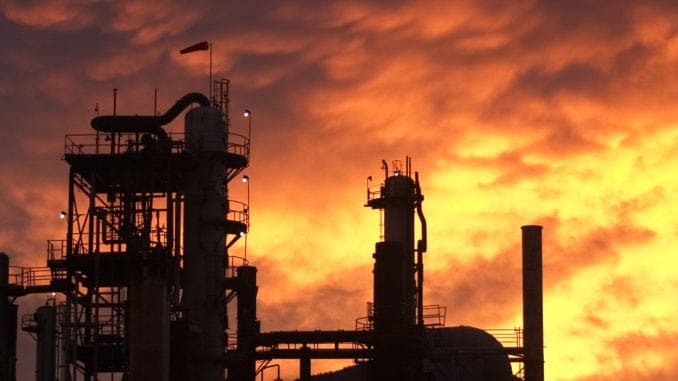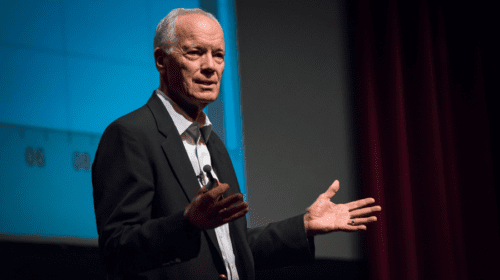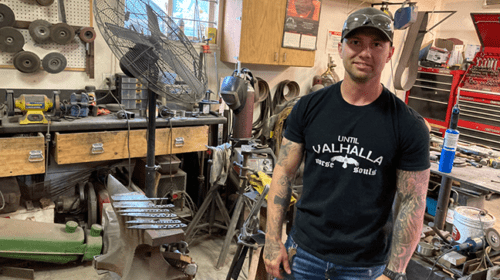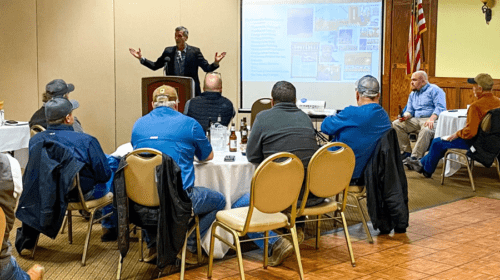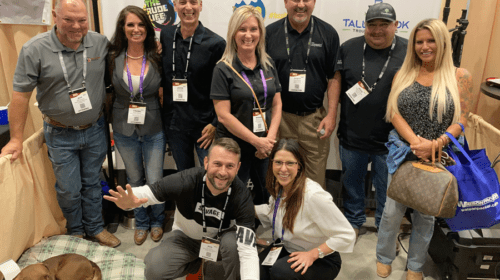Hurricane Harvey Update
Interview: Dr. Loren Scott, energy expert and president, Loren Scott and Associates
Scott explains what types of crews are going to be needed in the clean up effort in the Gulf and how it will impact Shale Play USA.
Davis Refinery Update
Interview: William Prentice, CEO, Davis Refinery and Meridian Energy Group
Prentice gives an overview on how Hurricane Harvey has impacted the Davis Refinery. He also explains what type of workers will be needed for construction and day-to-day after the refinery opens.
Energy Economy
Interview: Geoff Simon, Director, Western Dakota Energy Association
Simon gives details on the Western Dakota Energy Association’s annual meeting in Dickinson, ND. He also talks about innovations in coal energy and technology.
Energy Communities
Interview: Erik Hatch, Owner, Hatch Coaching
Hatch talks about his message he is delivering to businesses and communities across the Dakota, Montana, Wyoming and Minnesota.
Jason Spiess is a multimedia journalist, entrepreneur and content consultant. Spiess has over 25 years of media experience in broadcasting, journalism, reporting and principal ownership in media companies. (Over 30 years experience if you count his adolescent years as a newspaper delivery boy learning the importance and logistics of daily distribution and monthly door-to-door bill collecting.) Spiess has worked in the areas of oil and gas, UAS and precision agriculture, health care, cannabis, agriculture, real estate, government affairs and economic development. Spiess is the host of two radio programs, Building the Bakken and Coffee & Capitalism, and three specialty programs, MonDak OilField Review, Corporate Ink and UnStuck, that carry a radio network that spans five states and two countries. Spiess is a North Dakota native and graduated from North Dakota State University.
Oil and gas operations are commonly found in remote locations far from company headquarters. Now, it's possible to monitor pump operations, collate and analyze seismic data, and track employees around the world from almost anywhere. Whether employees are in the office or in the field, the internet and related applications enable a greater multidirectional flow of information – and control – than ever before.

